Author Elisa Marcella Webb’s depression changed her whole life. The career she’d nurtured fell by the wayside, and she struggled to hold down a job. But by allowing herself the space to explore her passions, she found a new life, recovery, and therapy in the written word
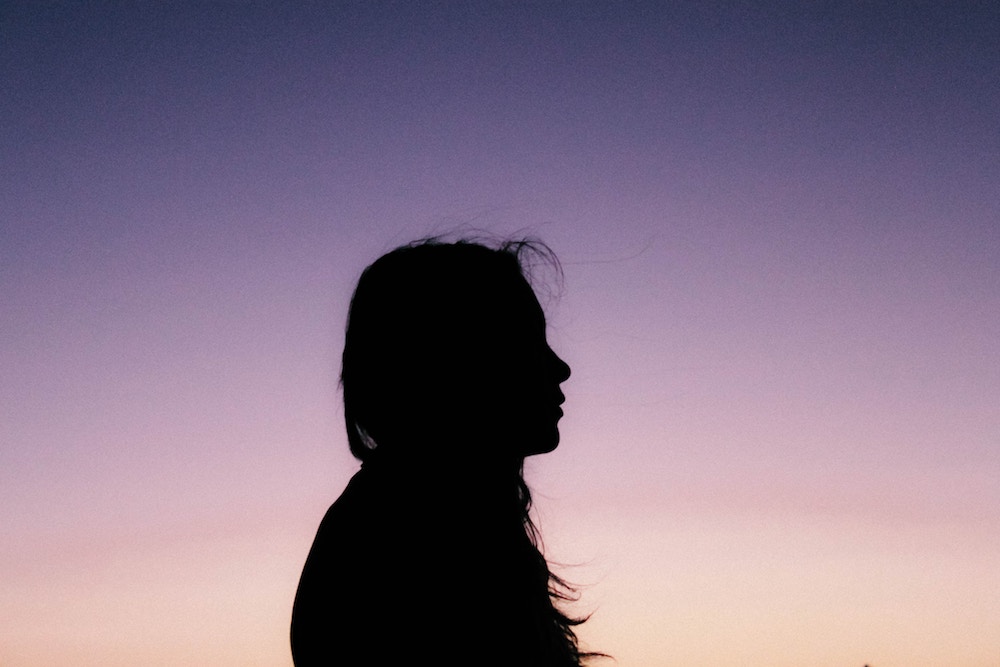
£7.50 an hour: that’s what mental illness cost me. And that’s just for starters. I was slow to catch on to the fact that I was very, very ill. Totally bat-shit crazy – my term, my thing. I own it now. I may even have some fun with it, eventually. Through a series of unfortunate events – the usual suspects: stress, trauma, burn out – I became ill.
I was a head of department at a top London school, having created the department from scratch, and nurtured it for eight years. I managed the successful work of more than 200 students, and always scored “outstanding” for my pastoral care. Raising two children while holding down a career had always given me energy. People relied on me. If I hit a wall, I bounced. But now, I was a punctured ball.
It was like that moment in Jurassic Park II where Julianne Moore falls onto a window and you see it crack. I heard the crack, then the splintering, as I slipped and fell into severe clinical depression. Every depressive symptom was off the scale. Like a hologram, there was nothing inside. I was doing an imitation of myself at work and home.
I went to a doctor, but initially argued that I couldn’t have depression. She paused and waited, realising I just wasn’t ready to admit I had a mental illness. I was burning with shame. I was a failure, abject, unclean, blimey maybe even dangerous. A Gothic picnic.
For me, the choice was simple: stop work or go off Vauxhall Bridge. I didn’t tell my chocolate teapot boss, and she didn’t ask. I’d stopped eating. Why would you feed yourself if you planned to kill yourself?
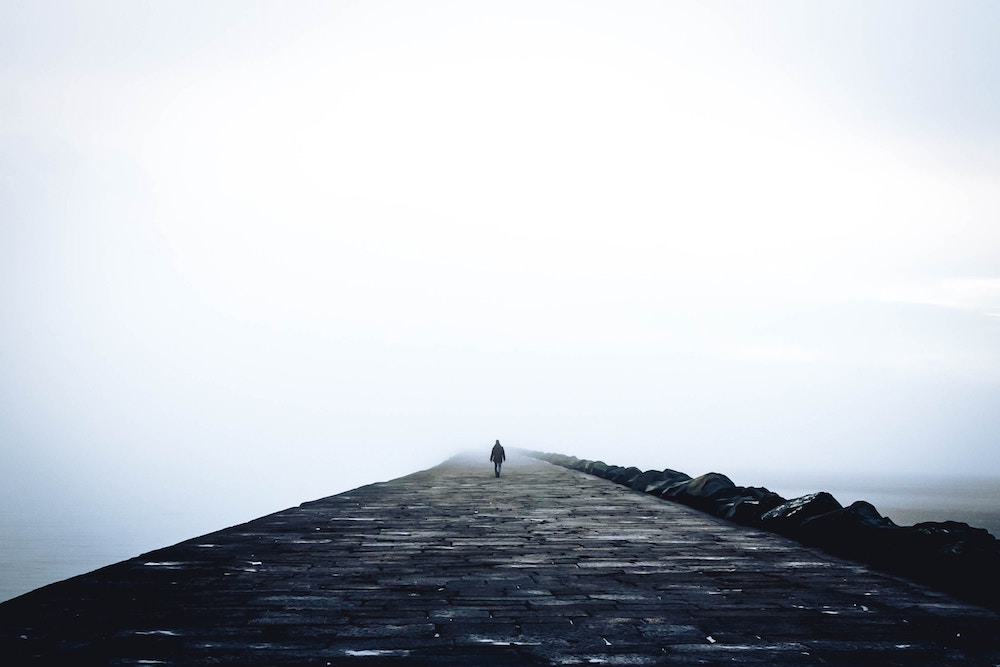
Low mood is an umbrella term for what “civilians” or outsiders are most interested in: the suicide conduct zone. At this I failed, botched it, was lucky, was interrupted and now and again held myself in check. My daughter came home unexpectedly, the kitchen knives were blunt, I was too damned loaded to reach the next pack of pills, the bridge was crowded. I couldn’t meet my friends’ eyes because I didn’t plan to be around next week to see them. I was done. Or so I thought. If you’ve ever broken an arm or a leg, you’ll know about pain so bad you’ll do anything to escape it. Well it’s a bit like that. A bit. It’s constant background noise; a continuous argument about not going off the balcony.
People don’t say “pull yourself together” anymore. They wink and say: “Oh I think we’re all a bit mad, don’t you?” No, I don’t. Depression and mental illnesses are disabilities that need kindness and treatment – medication, counselling and a change of lifestyle. Would you go up to someone in a wheelchair and say: “I like a good sit down too.” Or to a diabetic: “Don’t use insulin. Man-up and get yourself better!”
So how did I get better?
I found Dr Tim Cantopher’s book Depressive Illness: The Curse of the Strong in Waterstones, took it to the till, hiding it under two novels. The bookseller said: “That’s a good one.” She knew, she got it, and she cared. I felt a bit better. That book was my raft, and later on many other books were too. Cantopher wrote: “Do not lie in bed.” I didn’t – that would have made it much worse by trapping me in my head; I would not have survived.
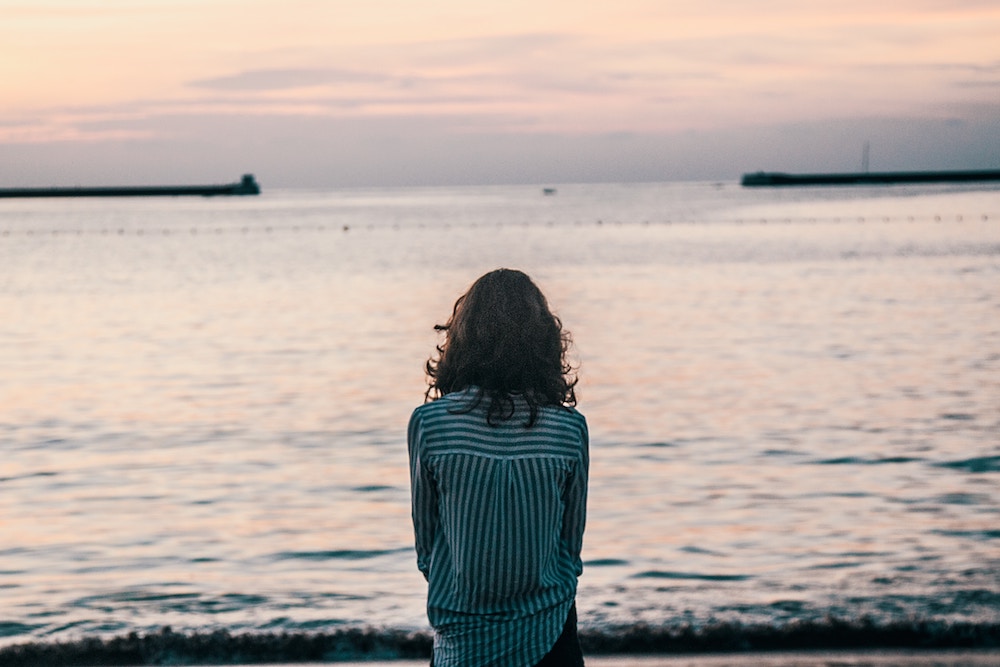
For a year though, I struggled to stand up. However, I got dressed, saw my kids off to school and went for a coffee. OK, I had to watch myself so I didn’t step out in front of a lorry. And I never believed I’d get better or would ever be employed again. I thought I’d be locked up, shut away, dumped.
While sitting in Café Nero, I saw an ad on the side of a bus outside for our local university. I signed up for a Creative Writing MA there, figuring I could do it sitting down, use their counselling and support services, update my qualifications and fudge with future employers that I’d been too ill (bat-shit crazy) to work.
My anxiety can rocket off the Richter scale and my low moods are dangerous, but somehow my path is clearer, brighter, and longer
Most of my fellow students were young Americans; it was like being at a cool high school. We bonded over the highs and lows of assignments, talked for hours about writing and writers. It was over far too quickly and we scattered across three continents.
Despite zero self-esteem, no confidence, sky-high anxiety and struggling to survive inside my own darkness, I began to apply for part-time jobs that fitted my new situation. As I saw it, I was damaged goods, but with good skills and a willingness to work hard – like one of those mythical charity shop bargains that turns out to be Chanel.
I had a lot of interviews and learned a lot. I had some awful experiences, but eventually I got a temporary post as a teaching assistant working with teenagers with autism. It was a lot of fun and I had great colleagues who didn’t run away screaming when I told them I had a mental illness. They were kind and curious. After that, I became a barista (OK, a 50-year-old waitress) at a cool, independent café, and when that folded, I became lead barista at a halal cafe. I learned how to make the perfect cappuccino, the smoothest flat white. Sadly, this folded too. I had to start again and apply for my fourth job in two years.
Gruelling though this was, I’d been to workshops on interviews at uni and at Women Like Us, which really helped. I wasn’t alone. I got another part-time job; it’s £7.50 an hour, but it’s a good company with an interesting product and I have great colleagues. It may lead somewhere.
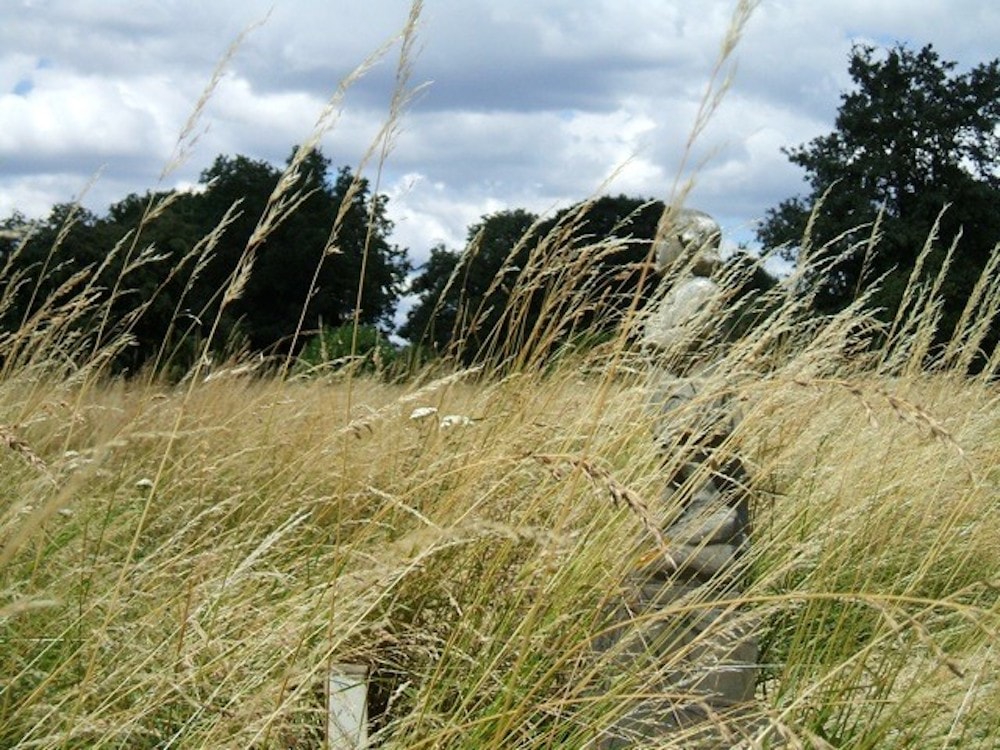
Elisa’s debut novel ‘Darkling Park’ is set in her local graveyard
In the meantime, I’ve written a novel – you sort of have to after doing a writing MA. It was accepted by Patrician Press, and on Halloween 2016 my debut novel, Darkling Park, was launched at the local graveyard where the children’s adventure is set. I felt like a lottery winner – thanks to the excitement rather than the money – visiting my children’s primary school on World Book Day to talk about the lonely girl who makes friends with an odd boy and his strange dog that may not be a dog at all.
They loved it, especially as it’s about their south London neighbourhood.
Writing every day – whatever I was writing – really helped, as did my uni and work routines, daily mindfulness exercises, medication, regular episodes of Firefly and Buffy, TEDTalks, friends and family – do tell people, most will support you and those that don’t, cull – a daily molten flat white, Green Day and Nirvana.
It’s still hard. I’m a part-time student again, with a part-time job and a family to raise. Debt and worry hover in the background. My anxiety can rocket off the Richter scale and my low moods are dangerous, but somehow my path is clearer, brighter, and longer.
I lost my shit big time in 2010, but now I own it. Depression took my life away, but it gave me back a new one.
A great career is no protection against depression. Elisa found it difficult to accept her diagnosis, and struggles with thoughts of ending her life. Dr Cantopher’s book speaks to her and she focuses on life, beginning to do things for herself, with her creative writing course and counselling. She makes new connections and her attitude to mental illness changes. She begins to reflect on her powerful journey, through self-care and taking action, travelling from depression to elation.

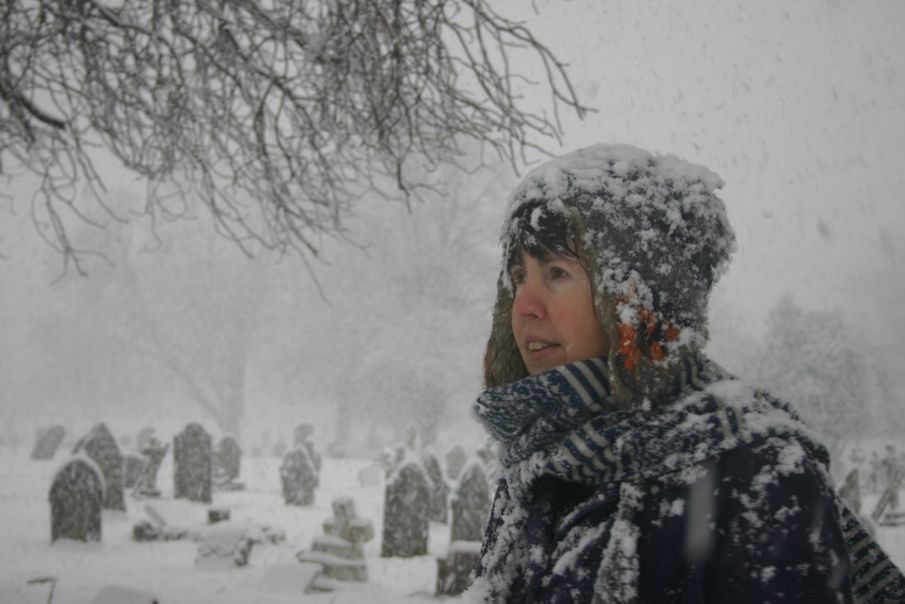
Comments